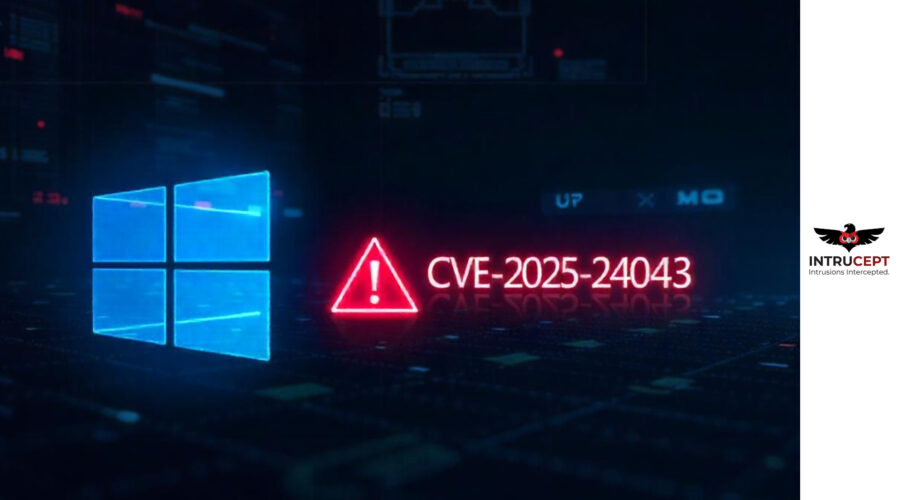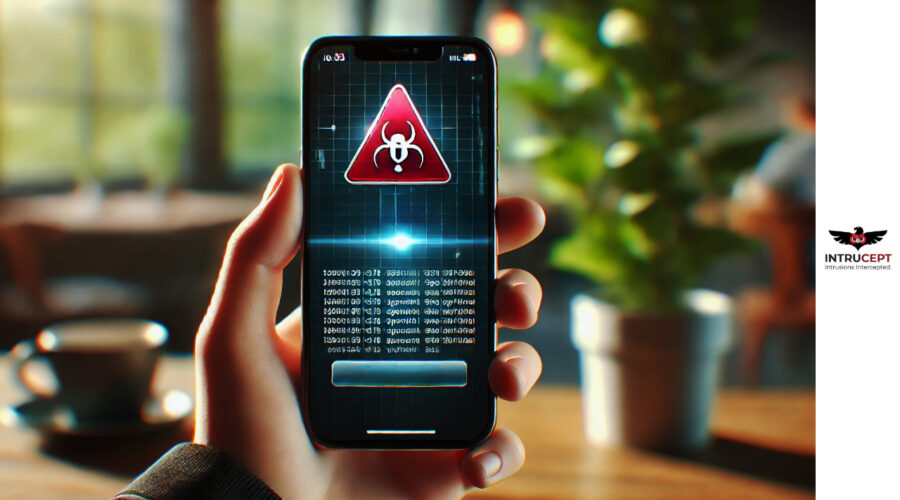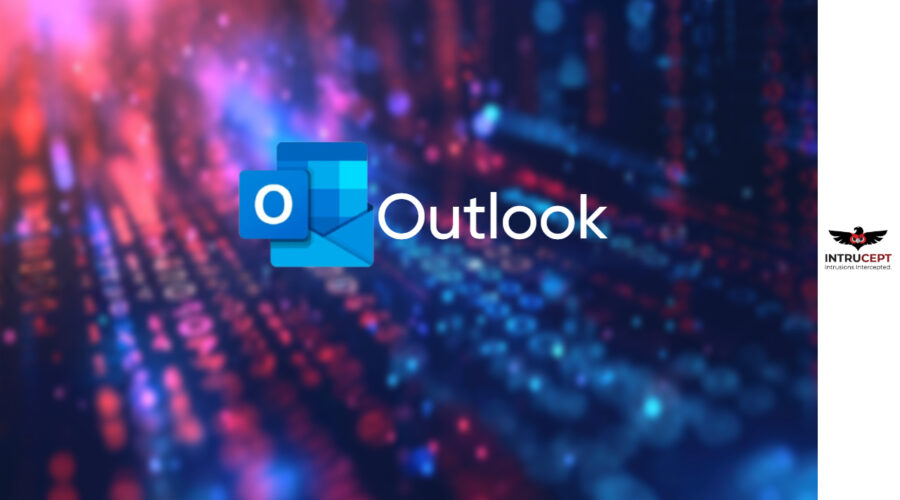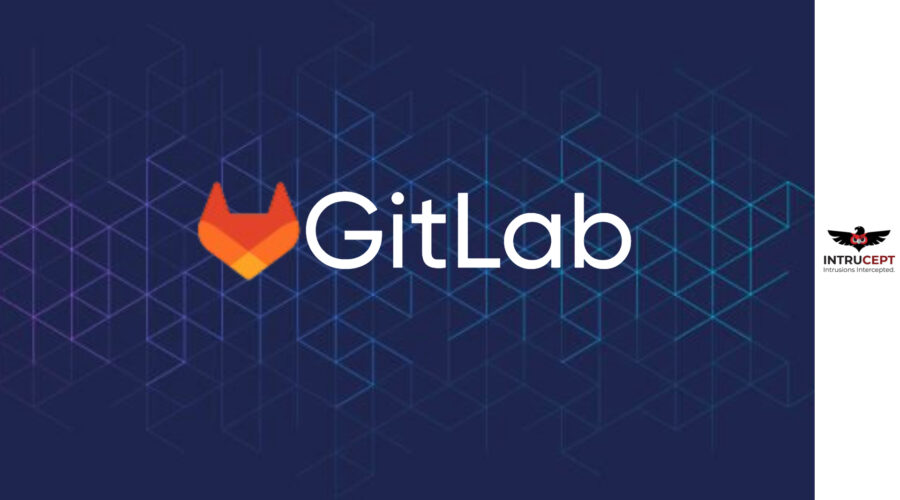High-Severity Linux Kernel Flaw Exposes Systems to Root-Level Attacks
Security advisory: Linux Kernel Flaw raised from vulnerability related to improper memory handling when the splice() function is called. Specifically, the kTLS code fails to correctly update the internal accounting of the plaintext scatter-gather buffer, leading to an out-of-bounds memory write flaw.
| OEM | Linux |
| Severity | High |
| CVSS Score | 7.8 |
| CVEs | CVE-2025-21756 |
| POC Available | Yes |
| Actively Exploited | No |
| Exploited in Wild | No |
| Advisory Version | 1.0 |
Overview
A high-severity vulnerability (CVE-2025-21756) has been discovered in the Linux kernel’s Virtual Socket (vsock) implementation, allowing local privilege escalation to root via a use-after-free (UAF) condition caused by incorrect reference counting during socket binding operations.
| Vulnerability Name | CVE ID | Product Affected | Severity | CVSS Score |
| Use-After-Free vulnerability | CVE-2025-21756 | Linux kernel | High | 7.8 |
Technical Summary
The kTLS subsystem in the Linux Kernel enables direct TLS encryption and authentication functions within the kernel, supporting secure communication for protocols like HTTPS, email, and other internet-connected applications.
| CVE ID | System Affected | Vulnerability Details | Impact |
| CVE-2025-21756 | Linux kernel (pre-6.6.79, 6.12.16, 6.13.4, and 6.14-rc1) | Improper handling of reference counts in vsock_remove_sock() leads to premature freeing of vsock objects. Attackers can exploit the Use-After- Free (UAF) by reclaiming free memory using crafted pipe buffers and leveraging unprotected tools like vsock_diag_dump() to leak kernel pointers. | Local privilege escalation to root and potential full system compromise. |
CVE-2025-21756 is a use-after-free vulnerability in the Linux kernel’s vsock subsystem. It arises due to incorrect reference counter management during transport reassignment of sockets, leading to memory corruption and potential privilege escalation.
Affected systems are particularly exposed in virtualized environments where vsock is actively used.
Remediation:
- Update Linux Kernel: Users should update their systems immediately with the latest kernel versions
- Restrict Local Access: Until patches are applied, limit vsock use in shared environments and restrict local access where feasible.
- Monitor for Exploitation Attempts: Watch for anomalies related to the vsock subsystem, including unexpected kernel panics or vsock socket activity.
- Review Security Module Configurations: While AppArmor and similar LSMs offer partial protection, ensure they are enabled and correctly configured.
Conclusion:
CVE-2025-21756 poses a significant threat to Linux systems, particularly in cloud and virtualized environments. Its discovery and detailed analysis by Michael Hoefler revealed not only a critical vulnerability but also advanced exploitation techniques capable of bypassing protections like AppArmor and KASLR.
Given the existence of public proof-of-concept code and reliable attack paths, organizations must prioritize patching and mitigation to avoid root-level compromise.
References:











